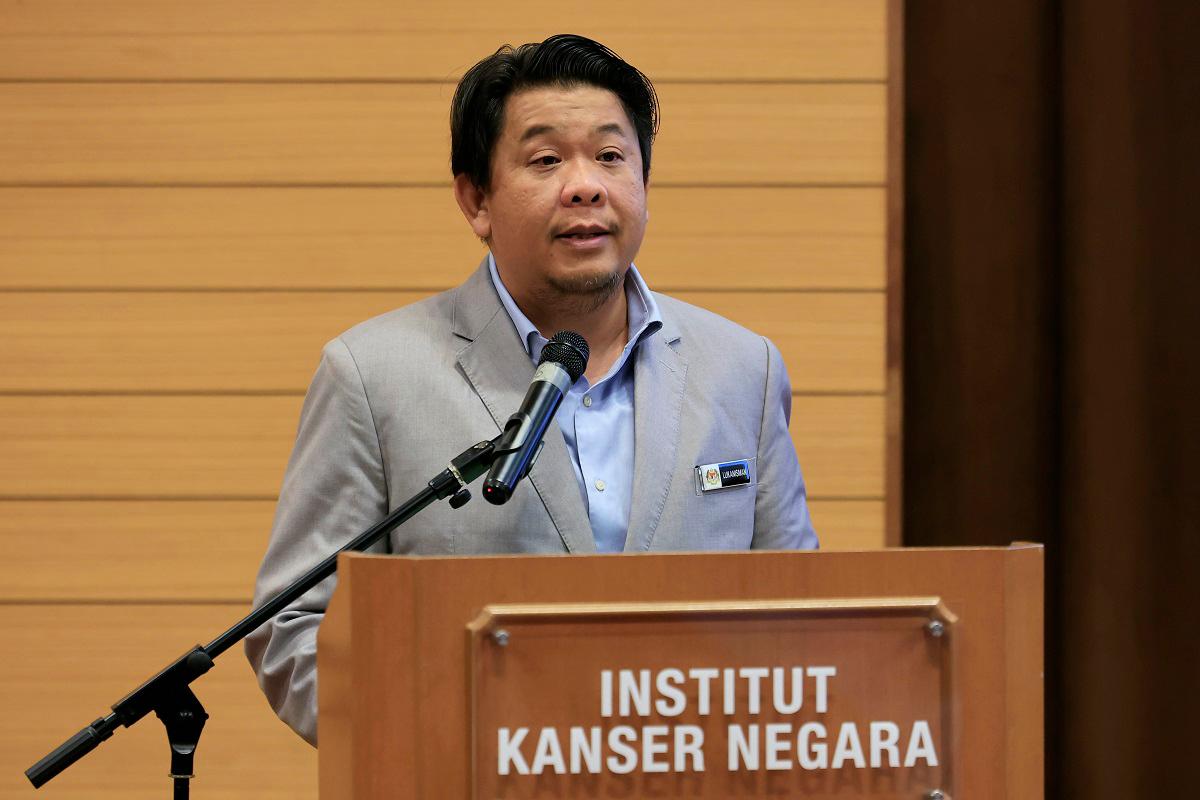KUALA LUMPUR: ASEAN member states must enhance their response to accidental releases of hazardous chemicals, in line with the ASEAN Political-Security Community Blueprint 2025, which prioritises efforts to curb and prevent the spread of weapons of mass destruction.
Deputy Health Minister Datuk Lukanisman Awang Sauni said Malaysia, as a responsible ASEAN member, remains committed to bolstering regional capabilities through knowledge sharing and skills development, particularly in chemical incident preparedness and response.
“To advance this commitment, Malaysia continues to collaborate with international partners through regional and sub-regional cooperation. A key initiative is the 2025 Chemical Incident Preparedness for Hospitals (HOSPREP) programme, held from June 18 to 24.
“This programme delivered nine comprehensive training modules that helped participants understand the nature and effects of chemical weapons, recognise symptoms of exposure, as well as implement appropriate treatment and intervention strategies,” he said at the closing ceremony of the programme here today.
He said the programme extended beyond theoretical knowledge by focusing on practical skills, including hands-on training in the use of personal protective equipment and emergency medical procedures applicable in both on-site and hospital settings.
“Its integrated approach, covering on-site care, hospital readiness and decontamination, laid the groundwork for an effective response to chemical emergencies.
“Additionally, the programme enhanced the collective understanding of the Chemical Weapons Convention (CWC) and Malaysia’s national protection plan, while serving as a platform to promote international cooperation and cross-border coordination in emergency preparedness and response,“ he said.
Jointly organised by the National Authority for Chemical Weapons Convention (NACWC), Ministry of Foreign Affairs and Ministry of Health, HOSPREP 2025 convened healthcare professionals from multiple countries for hands-on training in chemical incident response.
“We are honoured to be part of this strategic collaboration, recognising that the NACWC’s role extends beyond CWC compliance to include emergency response, safety and security efforts amid evolving challenges.
“As the chemical industry plays a vital role in regional economic growth, valued at around USD1.5 trillion in 2022, Malaysia is proud to lead this initiative alongside fellow developing nations for the third consecutive year,” he said.
Lukanisman added that this effort would not be possible without the support of the Ministry of Foreign Affairs and its Malaysian Technical Cooperation Programme (MTCP), which has trained over 38,000 participants from 144 countries over the past 25 years.
Looking ahead, he said the MTCP will integrate emerging global priorities, such as artificial intelligence, the digital economy and climate financing, to ensure the Global South remains actively engaged in shaping global development.









